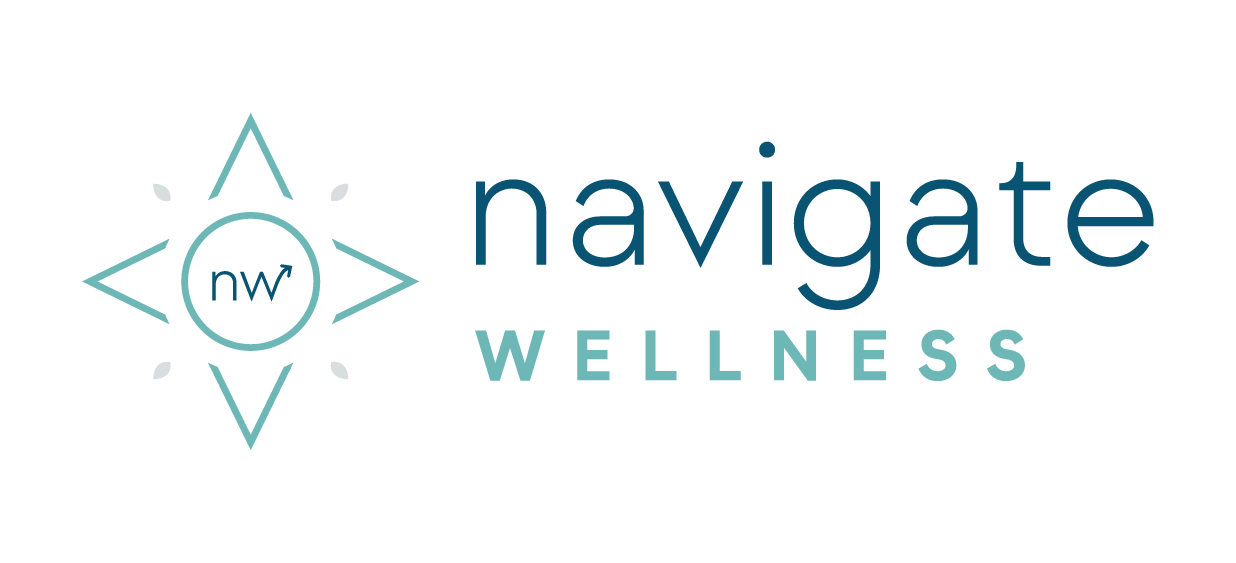We had a client and she had ALS. When we started working with her, she was facing a decision whether she could stay at home or if she had to go to a facility. She wanted to stay at home and so we did.
ALS is a degenerative disease, which means it’ll get worse over time. And when we first started working together, it was pretty slow and I’d see her once a week and then as time progressed, it didn’t take long and the disease really started to get on top of her.
Early on we started talking about a type of care called palliative care. Palliative care is care that is focused on symptom management and quality of life over extending life or intensively managing problems. So you’re starting to just focus on the person more than managing the disease process.
Her physician practiced in St. Louis and so I would take her up to see her doctors on a pretty regular basis there. One day we were in a physician’s office and she brought up a term called palliative sedation.
Since Bonnie had a diagnosis of a certain level of prognosis, it meant we knew Bonnie was going to die. It’s a matter of when at that point. Because of this, she was eligible for this type of care.
When the time was right, we brought her two children in, her best friend, and her brother. They all came in for this pilot of sedation and over a five day period of us giving Bonnie comfort medications we helped Bonnie pass peacefully.
We did it on her terms out of her home. Navigate wellness had shifts, but her friends and families had shifts. We talked about Bonnie as a little child with her brother. We talked about Bonnie as a mother with her children, and her best friend there as well.
They’re all Jewish and I learned a lot about the religious part of the experience.
Going back to why she wanted to stay at home in the first place was she liked to get up at one o’clock in the morning to make chocolate chip cookies. There wasn’t going to be anybody that was going to let her do that. And I know that sounds like I’m being funny, but she wanted to be able to manage her joys on her terms.
She didn’t have a lot of options because of her diagnosis itself, but within that diagnosis, she wanted a plan that gave the most options and gave her the most control of the end of her life and how she experienced that. And I think we were the team to do that for her. And I’m very proud of what we did for Bonnie.
-Ryan




